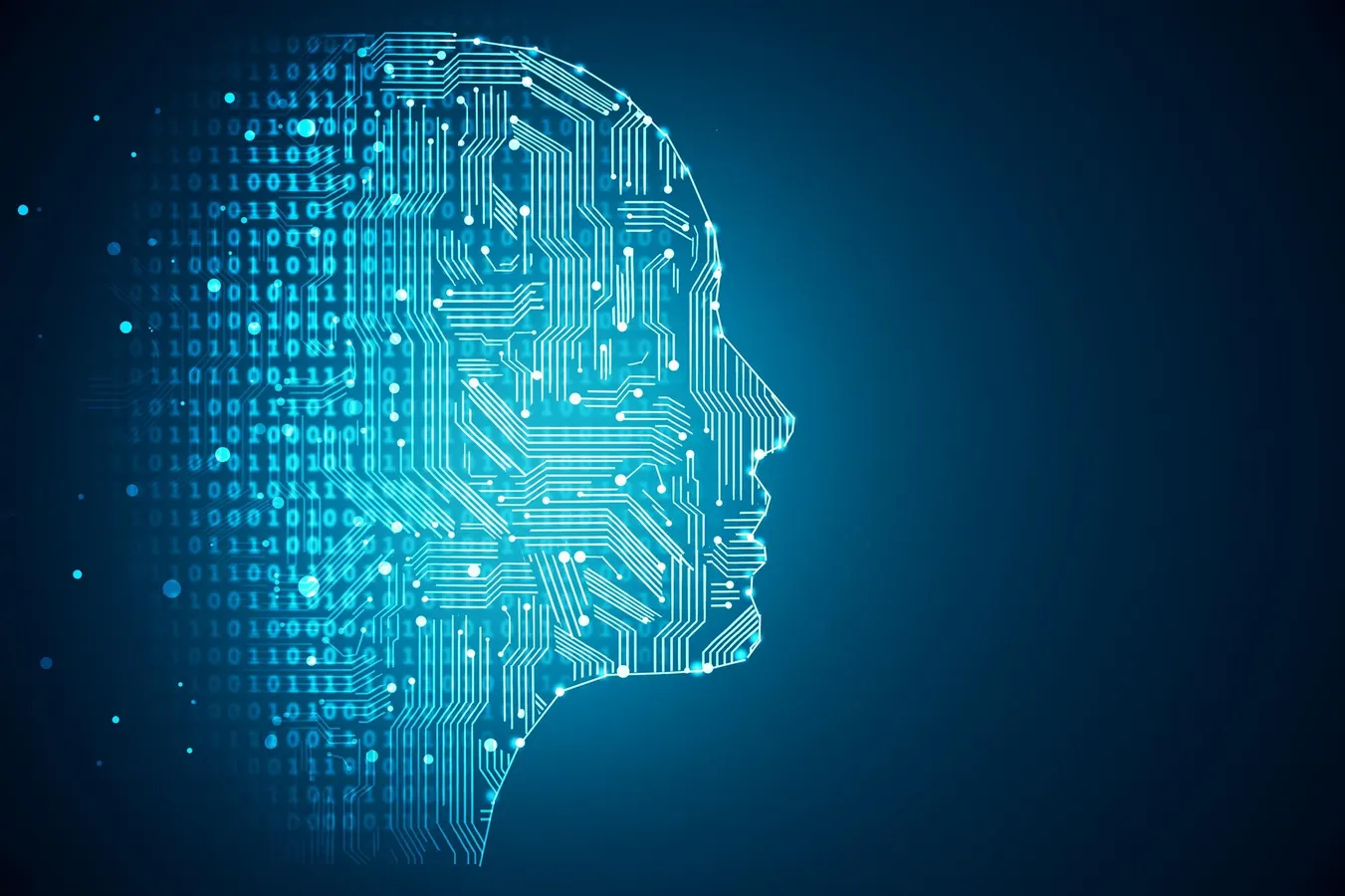Introduction:
Artificial Intelligence has advanced from personalized Netflix recommendations to everyday tools like Siri and Alexa, but many misunderstandings create unnecessary fear and inflated expectations.
Let’s take a closer look at the facts behind the 10 most common artificial intelligence myths. What’s real? What’s fiction? Through learning about AI, we can create a more intelligent future.
Here are some Myths vs. facts about AI.
1. AI Will Replace All Jobs
Myth: Mass unemployment will follow AI’s rise because human labor will become obsolete.
Fact: AI takes over routine tasks, which enables new work opportunities that require human creativity and innovative control.
Example: The customer service model serves as a practical example. An AI chatbot answers basic FAQs quickly. Human agents receive complex questions that require their attention. The new job landscape includes roles such as AI trainers, data analysts, and machine learning engineers.
2. AI Is Smarter Than Humans
Myth: There is no genuine distinction between AI and humans because the former shows intelligence in every aspect.
Fact: Emotionality, individuality, and creativity are essential human attributes that AI lacks on its own.
Example: Google’s DeepMind developed AlphaGo to defeat world champions in the board game Go. Neither artificial intelligence nor any machine learning system can acquire the skill to fold towels like humans or explore theoretical issues about the world. Much more constitutes human intelligence.
3. AI Can Learn and Think Like Humans
Myth: AI systems can mimic human mental operations and awareness features.
Fact: AI operates through algorithms, which prevents it from replicating aspects of humanity, such as emotions and moral understanding.
Example: Systems like ChatGPT can produce realistic-sounding interactions yet lack true understanding of emotional context. These AI responses represent pre-determined answer patterns derived from input data instead of human-like intuitive judgment.
4. AI is Infallible
Myth: AI systems are always accurate and unbiased.
Fact: The performance of AI systems depends entirely on the quality of their training data. The biases present in the training data become evident within the AI system.
Example: A facial recognition tool made a mistake in 2018 by identifying a minority person as part of its biased training data. The example demonstrates how ethical data collection and human supervision are accurately represented.
5. AI is Only for Tech Giants
Myth: Major corporations, including Google, Amazon, and Microsoft, have access to artificial intelligence technology.
Fact: Any business has access to affordable AI tools.
Example: Grammarly’s artificial intelligence platform assists individuals and small businesses in improving their writing, whereas Jasper AI aids in generating content. AI technologies support various businesses beyond the large tech corporations.

6. AI Poses Immediate Threats to Humanity
Myth: AI represents an existential danger to human existence and mankind’s continuation.
Fact: Today’s AI systems cannot operate independently or possess consciousness. The idea of machines conquering the world remains a fictional concept.
Example: Movies like The Terminator exaggerate AI’s capabilities. AI systems cannot operate outside the boundaries established by human-developed programming.
7. AI Can Function Without Human Intervention
Myth: AI can operate sans human involvement.
Fact: AI systems require ongoing human monitoring as well as regular updates and improvements.
Example: Healthcare AI systems function as diagnostic instruments that support medical professionals in analyzing texton data from patients. The doctor will continue to deliver both the final opinion and the treatment plan.
8. AI Development is a Recent Phenomenon
Myth: Artificial intelligence represents a recent breakthrough in contemporary technological advancements.
Fact: The development of AI started in the 1950s, where it functioned as current intelligence and helped shape multiple key moments in its evolution.
Timeline:
1950: Alan Turing codified the Turing Test, which assessed the intelligence of machines.
1997: IBM’s Deep Blue won against the chess world champion, Garry Kasparov.
2017: Google’s AlphaGo took down the world’s foremost Go player.
9. AI Is Too Expensive for Most Businesses
Myth: The myth persists that only large enterprises have the resources to invest in AI.
Fact: Small businesses can easily afford and scale most AI tools.
Example: Trello and Zapier enhance workflows through AI integration, while HubSpot delivers personalized customer engagement with AI for marketing solutions available to startups and SMEs.
10. AI Lacks Ethical and Moral Boundaries
Myth: AI functions without considering ethical boundaries or responsibility for its actions.
Fact: AI systems enforce ethical guidelines to ensure their users operate them responsibly.
Example: European companies creating trustworthy AI systems must adhere to ethical standards that reflect societal values deemed valuable and sensible.
Why These Myths Matter
Across industries, people misunderstand AI technology as a bad investment choice due to incorrect predictions, while some sectors still do not recognize its full potential. If the think tank understands AI technology better, they could dispel false beliefs, which would help them make better decisions about using this powerful tool in their daily lives and business operations.
You can also check our blog on 10 Everyday Problems AI Silently Solves for You
Conclusion:
AI is not a miracle worker, and neither is doomsday machinery. The design serves to expand human capabilities while solving particular problems. The belief that artificial intelligence myths can lead to a more grounded perspective about AI technology supports responsible usage toward human advancement together instead of against human interests.
We should approach new developments with curiosity and clarity instead of relying on artificial intelligence myths. The true power of AI unfolds not from its standalone capabilities but from our collaborative efforts to harness its potential to resolve issues and develop a wiser world.
FAQ’s
Artificial Intelligence streamlines operations while establishing fresh possibilities, especially in fields that demand human creativity and emotional intelligence. A myth concerning AI continues to spread.
AI can outperform humans in specific tasks but lacks the overall intelligence, creativity, and emotional depth of humans.
People are working to reduce AI system bias through the use of unbiased training data.
Yes, affordable and user-friendly AI tools are now available for businesses of all sizes.
AI has been around since the 1950s, with significant advancements occurring in recent decades.
